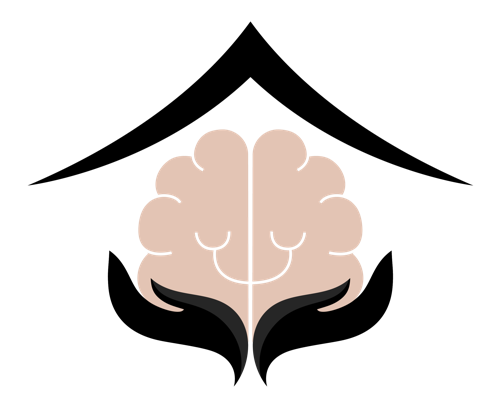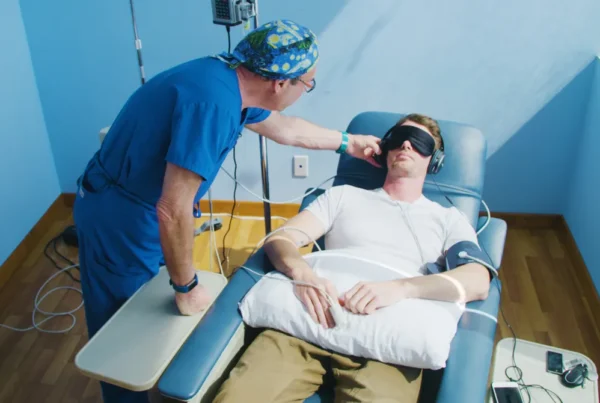Introduction
Grief is an emotionally complex and often devastating experience. It can manifest as a host of psychological symptoms, from deep sadness and despair to debilitating anxiety and withdrawal from daily life. While traditional therapeutic approaches such as counseling and medication have been used to treat these symptoms, they don’t always offer immediate or lasting relief. That’s where ketamine treatment comes in—a breakthrough option that’s showing immense promise for those struggling with grief.
What is Ketamine?
Originally used as an anesthetic, ketamine has gained attention in recent years for its potential as a treatment for various mental health conditions like depression, anxiety, and PTSD. It is administered in small, controlled doses and has been shown to rapidly improve mood and alleviate various psychological symptoms.
How Does Ketamine Work?
Ketamine works differently from traditional antidepressants. Instead of focusing on the serotonin pathway, ketamine engages with the glutamate system, the most abundant neurotransmitter in the human nervous system. By blocking the N-methyl-D-aspartate (NMDA) receptor, ketamine helps create new connections between neurons, allowing for enhanced neural plasticity. This can significantly improve mood and cognitive function, often within hours of administration.
Benefits of Ketamine for Processing Grief
Rapid Symptom Relief
One of the most compelling benefits of ketamine treatment for grief is its rapid action. Traditional medications can take weeks or even months to show noticeable effects, whereas ketamine often provides relief within hours. This is particularly beneficial for grieving individuals who may be experiencing overwhelming emotional pain.
Enhanced Emotional Insight
Ketamine has been shown to promote a state of heightened introspection and emotional clarity, allowing patients to confront and process grief more openly. This can be particularly beneficial for people who have trouble articulating their feelings or understanding the complexities of their grief.
Low Risk of Dependency
Compared to other psychotropic medications, ketamine has a relatively low potential for dependency when administered in a controlled environment. This makes it a suitable option for those who may be concerned about the addictive qualities of other treatments.
Adjunct to Traditional Therapies
Ketamine therapy often works best when paired with traditional methods like cognitive behavioral therapy (CBT). The rapid alleviation of symptoms can provide a more receptive mental state for engaging in therapeutic dialogue and exercises.
Practical Considerations
Safety and Side Effects
While ketamine is generally considered safe when administered under medical supervision, potential side effects can include nausea, dizziness, and dissociation. Always consult a healthcare provider to determine if ketamine therapy is appropriate for you.
Accessibility and Cost
Ketamine treatment is becoming more accessible but can be costly. It’s essential to consult with healthcare providers for a tailored treatment plan that takes into account your financial and medical considerations.
Conclusion
The landscape of mental health treatment is evolving, and ketamine therapy is emerging as a powerful tool for addressing the debilitating effects of grief. With its rapid action, low potential for dependency, and heightened emotional insight, ketamine offers a novel approach to treating this complicated emotional state. Always consult a healthcare provider for a treatment plan that suits your specific needs.



